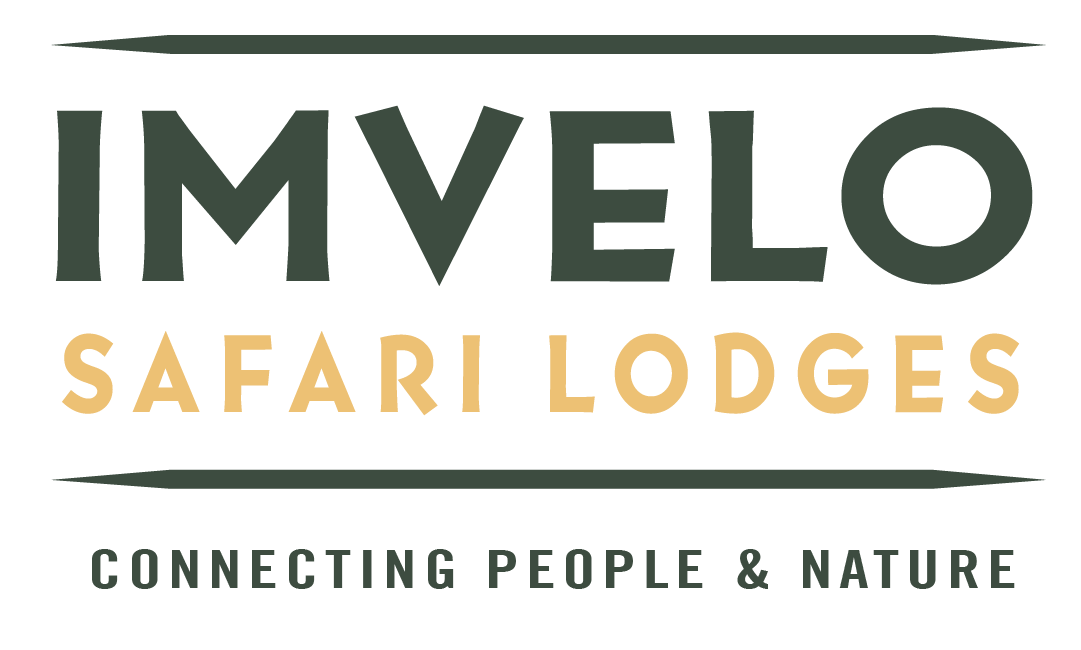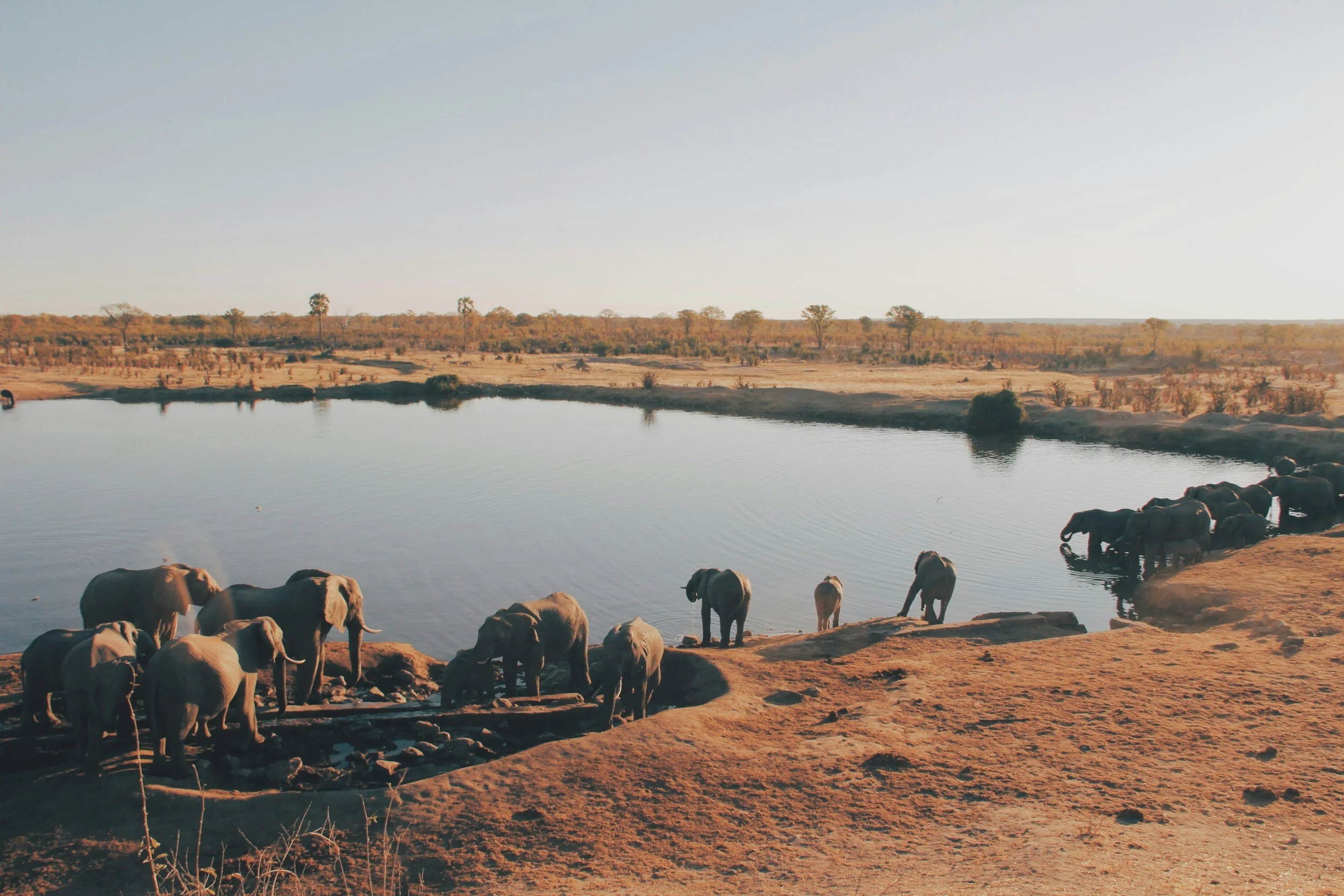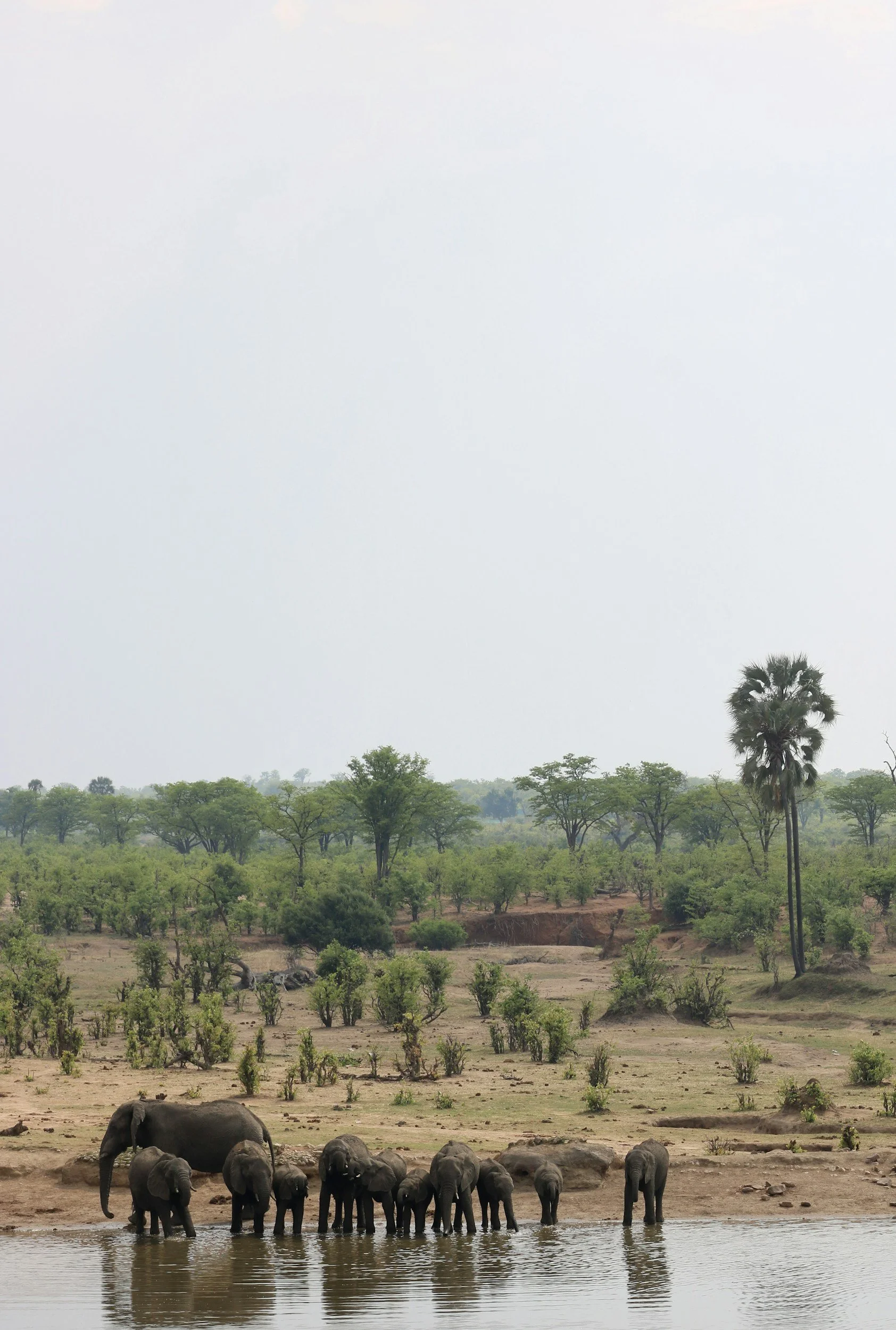WATERING WILDLIFE & COMMUNITIES
THE WATER4WILDLIFE TRUST | IMVELO SAFARIS
HWANGE NATIONAL PARK, ZIMBABWE
2025 GRANTEE | $15,000 | NOMINATED BY TODOS SANTOS ECO ADVENTURES
The project will help provide water for wild animals in the southern part of Zimbabwe’s Hwange National Park while also supporting the communities in establishing irrigated and fenced communal food gardens. Given this year's drought and the increased competition between people and animals for water and food, these activities will be fundamental in limiting and alleviating human-wildlife conflicts in the area.
The Issue:
People living along Hwange National Park’s southern boundary are predominantly subsistence farmers living in a geographically and socially isolated area of poor soil fertility, erratic rainfall and intense human-wildlife conflicts. In hard times, desperate people have turned to bushmeat poaching in the Park to feed their families. It is important that we work hard to reduce this. With very limited natural surface water, Hwange National Park relies on NGOs to pump groundwater to the surface for animals to drink. Imvelo and the Trust have over 25 pumps both inside and around the Park that sustain thousands of animals. Most of these pumps have solar hybrid units. These units need constant maintenance and require services and repairs. In certain areas, this set-up requires specific “pump attendants”, who need to be both paid and fed, to be stationed at remote locations to manage the pumps.
Grant Award Use:
Funding from ATCF will be crucial in supporting key conservation and community initiatives in southern Hwange. The grant will help cover the salaries and food packs for pump attendants at remote watering holes, ensure repairs for solar hybrid units that pump water for wildlife, and provide a solar pump and irrigation system for a communal food garden. These efforts will empower local communities to become self-sufficient despite drought conditions, reduce human-wildlife conflicts, and sustain the area's iconic wildlife, including large herds of elephants, enhancing both conservation and cultural harmony in the region.
What Would a Successful Project Result In?
The Project will limit the number of animals and particularly elephant deaths, the number of elephant raids in the communal lands, and provide extra water and food security for local people.
Voices From The Community:
This project focusses on two parallel elements: (a) keeping wild animals, including thousands of elephants, inside Hwange National Park and providing them with plentiful water by pumping at several watering holes along the southern stretch of the park and (b) empowering local communities to grow their own food by improving access to water and facilitating irrigation schemes. During a drought year like the one we are currently enduring, these sorts of activities have never been more important and more impactful and we are incredibly grateful for support for these projects.
Hannah Tranter, Water4Wildlife Trust







